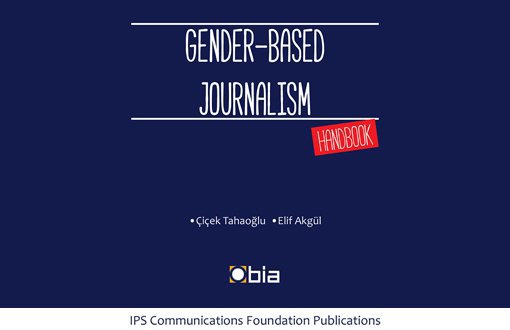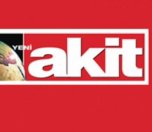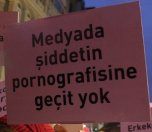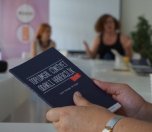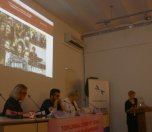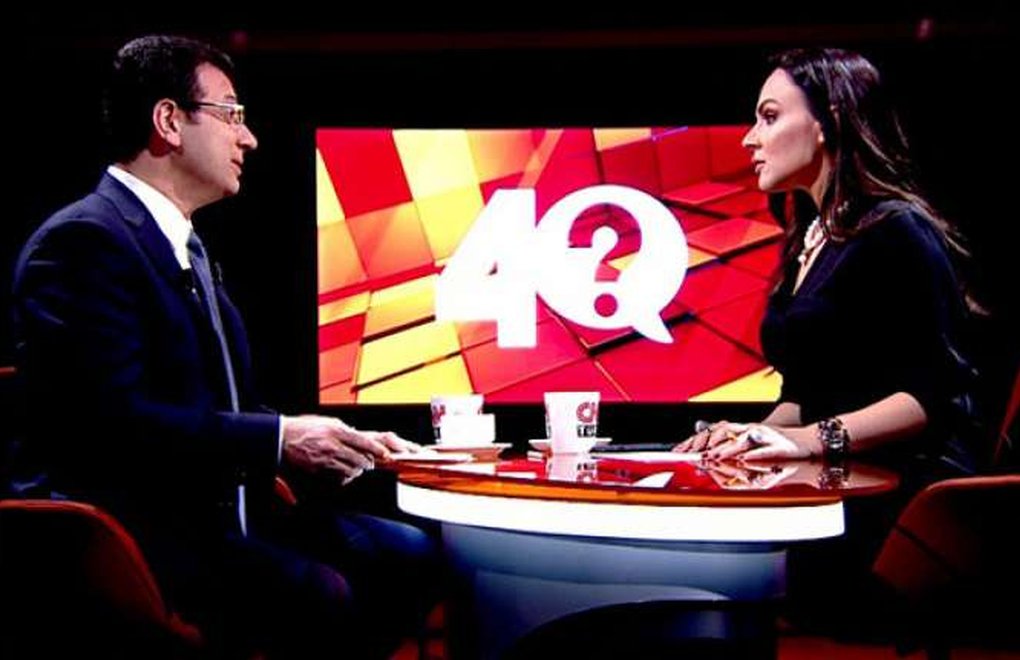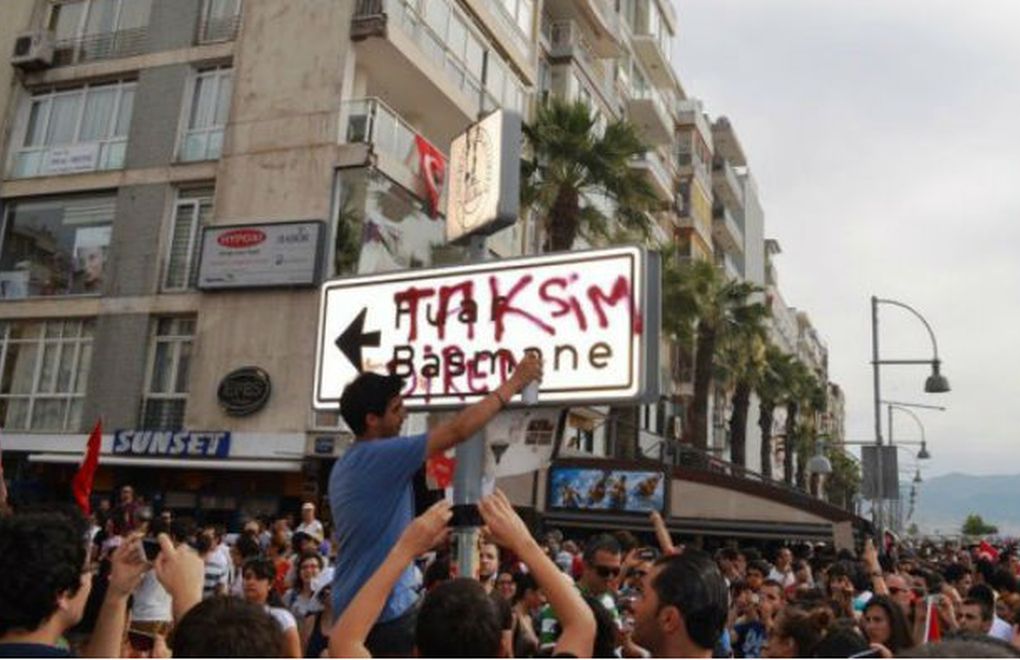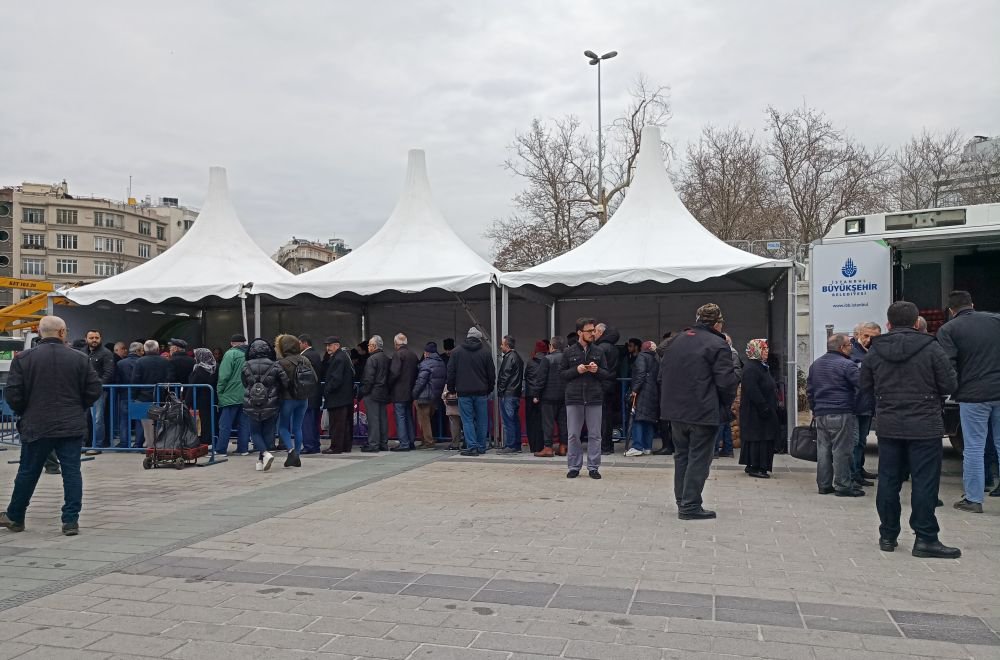Click to read the article in Turkish/Kurdish
The handbook is the joint piece of bianet editors Çiçek Tahaoğlu and Elif Akgül. The book contains chapters such as “When do and don not women and LGBTI+ individuals become news?”, “Communication with news sources”, “14 items to avoid sexism in news making”, “Experiences from bianet news center”.
The 72-page handbook starts with the “By Foundation” introduction like all our books published by IPS Communication Foundation Publications.
In her message on By Foundation, IPS Communication Foundation Board Member Prof. Dr. Şahika Yüksel says, “This book has been realized as a step to live our dreams. We will continue to dream and struggle for our dreams”.
The Gender-Based Journalism Handbook will take its place at “BİA Library” as e-book in Turkish, Kurdish and English after the publicity meeting to be organized on June 29, Friday. Turkish version of the book will be on the shelves via Punto Distribution as of this week.
With the release of Gender-Based Journalism Handbook, bianet has added its second guide book prepared for journalists and journalism students to the BİA Library.
First handbook of BİA Library was “Peace Journalism Handbook” written by Sevda Alankuş.
Product of bianet news practice and workshops
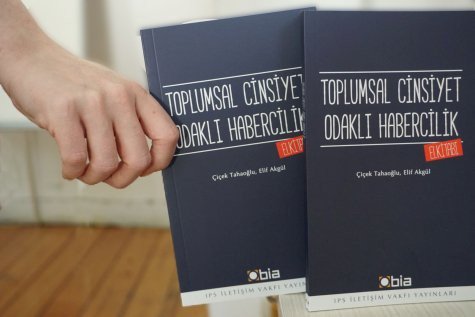
In Gender-Based Journalism Handbook, the approach whose framework was set by Women Based Journalism published by IPS Communication Foundation Publications has been enriched by bianet’s journalism practice in the advancing years and developed by LGBTI+ based journalism.
First edition of Women-Based Journalism prepared by Sevda Alankuş was published in October 2007 and its revised second edition was published in December 2012.
The handbook is being released from April 2016 to June 2018 as part of Gender-Based Journalism Workshops and Online Library Project, which is realized by the financial aid of European Instrument for Democracy and Human Rights (EIDHR).
The project’s supervisor was Sevda Alankuş and coordinator was Öznur Subaşı. Free Journalists’ Association (ÖGC), which we started with the project, was shut down by a statutory decree. Local women’s and LGBTI organizations’ representatives, journalists, academics and communication faculty students came together in the workshops that were held together with Kaos GL as part of the project in İstanbul, Mersin, Bursa, İzmir, Eskişehir, Trabzon, Diyarbakır, Muğla, Edirne and Dersim.
We came together with 269 journalists, NGO representatives, communication faculty students and academics in the workshops that were organized from October 2016 to 2017. As it always has been, these workshops as well were a process of mutual learing.
Alankuş: We need this book more than ever before
In her preface to the book, BİA Training Advisor Prof. Dr. Sevda Alankuş has referred to the workshop period and said:
“This time, we would like to share the gains of the rights-based journalism of almost 20-year-old bianet with this book prepared by dear Çiçek Tahaoğlu and Elif Akgül. Because, in the current environment, where violence against women and all others have been escalating, we think that we first need to do gender-based journalism and therefore need a guide for a just peace more than ever before.”
One of the authors of the guide, Çiçek Tahaoğlu has been the women and LGBTI news editor of bianet for more than seven years; as for Elif Akgül, she was the freedom of expression news editor of bianet between 2013 and June 2018. She was also one of the trainers of the Gender-Based Journalism Workshops.
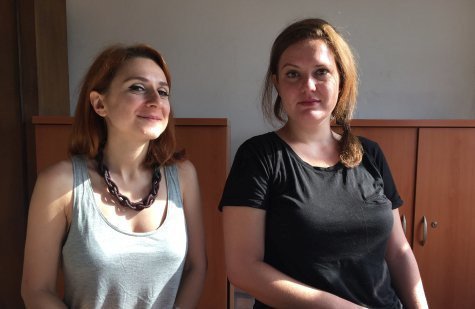
Tahaoğlu: We hope that it will contribute to transformation
Çiçek Tahaoğlu describes the guide as follows:
“In this handbook, we have written our practice at bianet. There is a news language that we see, that we are used to see in the mainstream and alternative media. We have internalized this language to such an extent that we witness that the discriminatory expressions are used without questioning by thinking that ‘it is how the news is written’. However, this period, when the social sensibilities have increased, women and LGBTI movements have intensified their struggles and become more visible, is an important opportunity to transform the discriminatory media language into a rights-based egalitarian language. We hope that the handbook will contribute to this transformation.”
Akgül: We have also mentioned our efforts to overcome mistakes
Elif Akgül states that they have conveyed what they accumulated during the workshop period into the guide:
“This book is what we have talked about during the Gender-Based Journalism Workshops and more. While we were preparing the book, we benefited from both the questions and feedback that we heard at the workshops. But, beyond that, we have also mentioned the mistakes that we made in our professional practice as well as our methods of noticing these mistakes and our efforts to overcome them. Therefore, we hope that this handbook will contribute to the transformation of language, language of journalism and, finally, the transformation of journalism itself.” (HK/TK/SD)
About the authors |
Çiçek TahaoğluJournalist. She has been the women and LGBTI news editor at bianet since 2011. She worked at AFP as a fixer and translator from 2009 to 2011. She was one of the presenters of the radio program called Cadı Postası (Witch Post) aired on the radio channel Açık Radyo (Open Radio).. She was awarded the 2015 Müşerref Hekimoğlu Peace Prize. She is a graduate of the Department of Sociology at Université Marc. |
Elif AkgülJournalist. She was the freedom of expression news editor of bianet between 2013 and June 2018. She is one of the founders of the Media and Law Studies Association. She worked as a reporter at İMC TV. She was awarded the Metin Göktepe Special Jury Prize in 2017. She graduated from the Department of Cinema and Television at İstanbul Bilgi University. |
* Note: You can send an email to [email protected] for detailed information about the meeting to be held on June 29 to introduce the Gender-Based Journalism Handbook.





